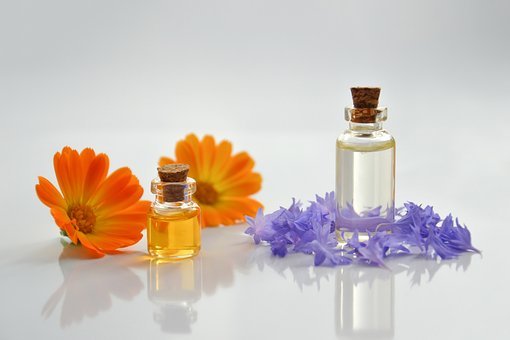Benefits of Essential Oils in Winter

Essential oils can be utilised in aromatherapy, a form of complementary medicinal drug that makes use of scent to enhance your fitness or carried out topically to the skin. Studies have proven that critical oils may also help: A therapeutic light box is an artificial sunlight device that promotes health and wellbeing. It emits positive wavelengths of visible light that are missing in the winter months, which can have beneficial effects on mood, sleep and much more. Internal use of essential oils is a popular form of alternative medicine and has been used for thousands of years.

In general, essential oils are ingested orally, applied topically to the skin, inhaled deeply or diffused in water. Essential oils are also consumed by adding them to food or beverages. A meta-analysis found that “In generally healthy populations (without existing health problems such as heart disease) topical use of aromatherapy produces statistically significant reductions in anxiety and depression”. Relieve seasonal allergies. Sources of Essential oils. Essential oils can be found in flowers, trees, plants and spices as well as in various forms of salves and serums. Essential oils another names is volatile oils, ethereal oils, aetheroleum. They are not easily accessible to the general public, but they can be purchased from online retailers or at health food stores. Source In the US, there is a growing trend both among doctors and consumers for using essential oils as a substitute for prescription drugs. This includes using essential oils to relieve anxiety and boost mood. – One study showed that aromatherapy reduced perceived pain by 40% in test subjects. – Asthma sufferers also report improved quality of life with the use of essential oils to increase bronchodilation and prevent acute attacks from occurring. – Essential oils have been shown